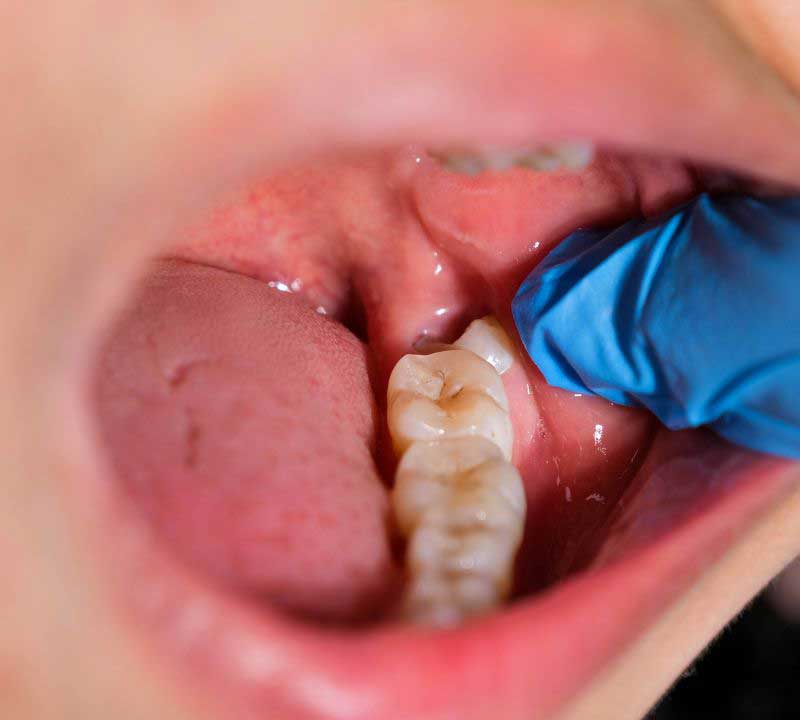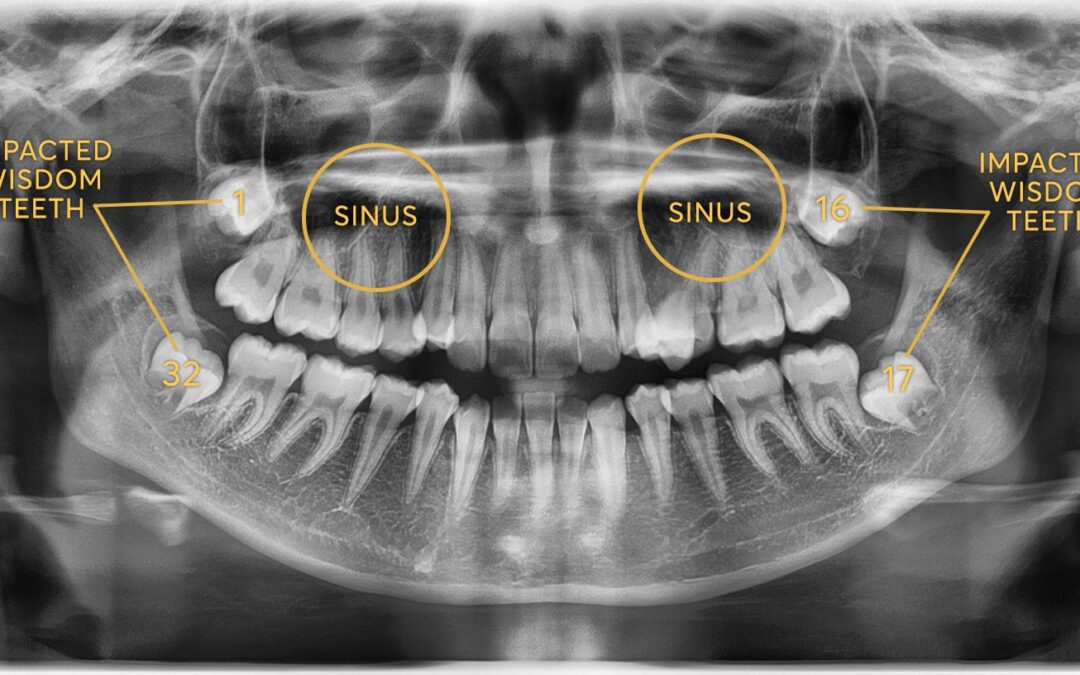Comprehensive Guide to Wisdom Teeth Removal Aspendale: What to Anticipate
Comprehensive Guide to Wisdom Teeth Removal Aspendale: What to Anticipate
Blog Article
Checking Out Different Sedation Options for a Comfy Knowledge Pearly Whites Removal Experience
The usage of sedation during such treatments has become increasingly common to relieve stress and anxiety and pain. With a variety of sedation alternatives offered, from local anesthesia to basic anesthesia, each approach uses varying levels of leisure and pain control.
Neighborhood Anesthetic
Regional anesthetic is a commonly utilized technique for numbing specific areas of the mouth during knowledge teeth removal procedures. By providing a neighborhood anesthetic, such as lidocaine, a dental practitioner can guarantee that the individual remains comfortable and pain-free throughout the removal process.
One of the primary advantages of local anesthesia is its targeted numbing impact, which suggests that only the particular area being dealt with is impacted. This localized approach lessens the threat of systemic negative effects and permits a quicker recovery post-procedure. Additionally, local anesthesia is taken into consideration to be a secure and regular practice in dentistry, with marginal threats entailed when carried out by a trained professional.
Laughing Gas
Nitrous oxide, generally known as giggling gas, is a kind of sedation commonly made use of in dentistry to aid patients loosen up throughout dental procedures. This sedation alternative enables the person to stay conscious and receptive throughout the procedure while feeling at convenience and comfortable.
In addition, nitrous oxide is recognized for its quick recuperation time. Once the mask is gotten rid of, the effects of the gas disappear rapidly, permitting people to resume their typical tasks without lingering sedative effects. This makes nitrous oxide a hassle-free choice for those who require to drive themselves home after the oral consultation. Nitrous oxide is suitable for individuals of all ages, making it a versatile sedation choice for knowledge teeth removals and various other dental treatments.
Oral Sedation
Dental sedation, a pharmacological method employed in dentistry, involves the administration of sedative medicines by mouth to cause a relaxed state during oral procedures. This form of sedation is typically utilized for people going through wisdom teeth extraction to minimize stress and anxiety and pain. The drugs suggested for dental sedation belong to a class of drugs called benzodiazepines, which have sedative, anxiolytic, and amnesic residential or commercial properties. Normally, the person takes the recommended medicine before the procedure, enabling sufficient time for the sedative effects to hold.
One of the primary advantages of oral sedation is its ease of management. Unlike intravenous sedation, dental sedation does not need injections or needles, making it a more comfy option for individuals with an anxiety of needles. In addition, oral sedation is taken into consideration secure and efficient when administered by experienced oral professionals. It is essential for people to comply with pre-operative guidelines given by their dental expert, such as refraining from consuming or eating before the treatment to ensure the sedative medicine functions as meant.
IV Sedation
Provided intravenously by skilled physician, IV sedation is a powerful technique utilized to generate a controlled state of deep relaxation and unconsciousness throughout oral treatments. Unlike oral sedation, which can be uncertain in its results, IV sedation allows for precise control over the degree of sedation, making it a perfect choice for intricate treatments like knowledge teeth removals.
Throughout IV sedation, a sedative medicine is supplied straight right into the blood stream through a blood vessel, permitting it to work promptly and efficiently. This method ensures that the client continues to be unaware and comfy of the procedure while still preserving important functions such as breathing and heart rate.
One of the primary advantages of IV sedation is its capability to give a much deeper level of sedation contrasted to various other techniques, making it especially suitable for clients with high levels of anxiousness or those going through substantial oral job (wisdom teeth removal aspendale). Furthermore, the effects of IV sedation commonly subside progressively after the procedure, minimizing the chance of grogginess or remaining negative effects. Overall, IV sedation supplies a effective and secure choice for ensuring a comfortable and trouble-free experience throughout knowledge teeth extraction

General Anesthetic
Having discussed the advantages of IV sedation for wisdom teeth removal, the use of general anesthetic offers an alternative choice for patients needing a deeper degree of unfamiliarity during dental treatments. General anesthetic causes a regulated state of unconsciousness, making certain the individual feels no pain or pain during the extraction procedure. This technique is particularly helpful for individuals with serious oral anxiousness, complex surgical demands, or those undertaking several removals at the same time.
General anesthetic is provided by a trained why not look here anesthesiologist who very closely checks the client's crucial signs throughout the procedure. It includes using intravenous medications or inhaled gases to generate a state of unfamiliarity. While under basic anesthesia, the patient will not understand review the surgery, experience any pain, or have any recollection of the procedure afterward.
Although general anesthesia is secure when administered by qualified professionals, it brings a slightly greater threat contrasted to various other sedation choices - wisdom teeth removal aspendale. Patients considering general anesthetic for wisdom teeth removal must review the potential threats and benefits with their dental practitioner or dental surgeon to make an informed decision based on their individual needs and case history

Verdict
In final thought, numerous sedation alternatives are offered to guarantee a comfortable knowledge teeth extraction experience. Dental sedation and IV sedation offer much deeper levels of leisure, depending on the client's needs.
Nitrous oxide is appropriate for clients of all ages, making it a functional sedation option for knowledge teeth extractions and other oral treatments.

Report this page